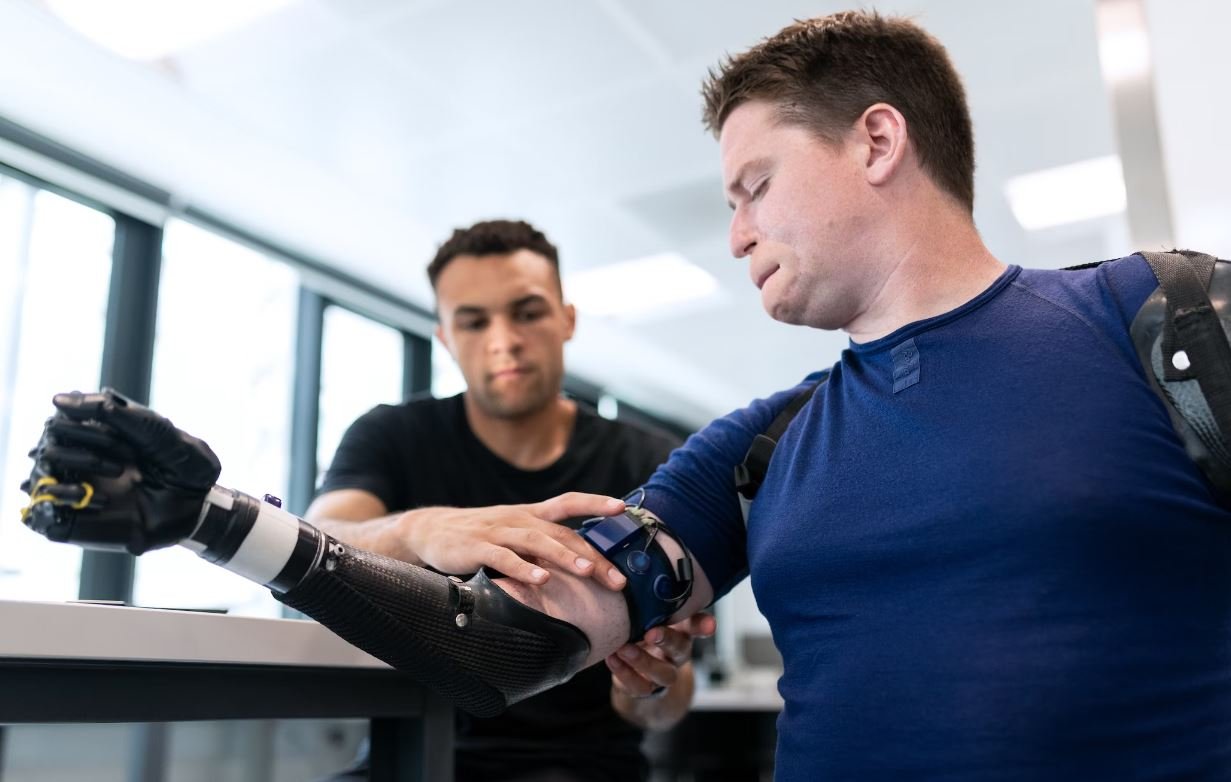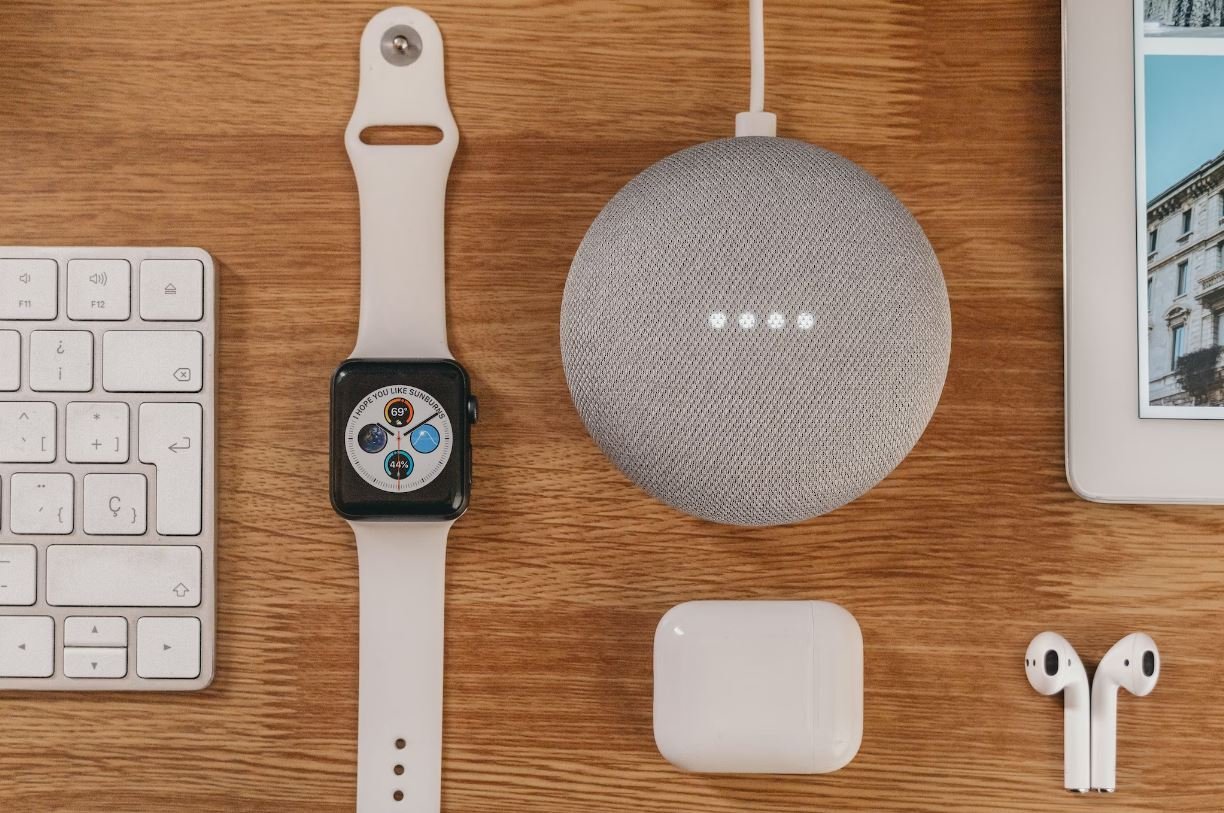AI in Movies: Exploring the Fascinating World of Artificial Intelligence on the Silver Screen
Artificial Intelligence (AI) has been a popular topic in movies for decades, captivating audiences with its futuristic possibilities and often posing thought-provoking questions about the relationship between humans and machines. From classic sci-fi films like “2001: A Space Odyssey” to modern blockbusters like “Ex Machina,” AI has weaved its way into the fabric of cinema, providing both entertainment and inspiration for real-world technological advancements. In this article, we will take a closer look at the portrayal of AI in movies, the impact it has had on society, and the potential implications of AI in the future.
Key Takeaways:
- AI has been a popular theme in movies for many years.
- Movies often explore the relationship between humans and AI.
- AI in films serves as both entertainment and inspiration for real-world advancements.
**Artificial Intelligence in movies** is often depicted as an advanced form of technology capable of mimicking or surpassing human intelligence. It can take various forms, from sentient robots to supercomputers, and even virtual assistants like the famous HAL 9000 from “2001: A Space Odyssey.” These portrayals often emphasize the potential dangers and ethical dilemmas associated with AI, raising questions about its impact on society and the boundaries between man and machine. *Movies offer a glimpse into the possibilities and risks that AI may present in the future.*
AI in movies is not always portrayed as a threat, however. Some films explore the idea of AI as a beneficial tool, offering potential solutions to complex problems. For example, in the movie “Her,” an AI operating system develops a genuine emotional connection with its user, highlighting the potential for AI to enhance human experiences and relationships. This positive portrayal of AI challenges the notion that it is only a force of destruction and prompts us to consider the numerous benefits it can bring if developed responsibly and ethically.
**AI is also a source of inspiration** for real-world technological advancements. Movies like “The Matrix” and “The Terminator” have long captured our imaginations with their depictions of intelligent machines and virtual worlds. These ideas have spurred scientific research and development, leading to advancements in fields such as robotics, machine learning, and virtual reality. *The movies have become a driving force behind the pursuit of AI technologies.*
The Impact of AI in Movies
AI has had a profound impact on movies themselves, both in terms of storytelling and the filmmaking process. With the help of AI algorithms, filmmakers can analyze vast amounts of data to predict audience preferences, optimize marketing strategies, and even generate realistic visual effects. Furthermore, AI-generated characters, like the youthful Agent Smith in “The Matrix Reloaded,” demonstrate how AI can push the boundaries of what is visually possible on the big screen. *AI is revolutionizing the way movies are made and experienced by audiences.*
AI in Movies: Fact vs Fiction
Movies often stretch the boundaries of what is scientifically possible, and AI is no exception. While some aspects of AI portrayed in films are based on real technologies and research, others are purely fictional. To separate fact from fiction, let’s take a closer look at some key aspects of AI depicted in movies:
| AI Aspect | Movie Examples | Reality Check |
|---|---|---|
| Superintelligence | “Ex Machina,” “Transcendence” | While the concept of superintelligent AI is a topic of study, real-world AI is far from achieving human-level intelligence. |
| Emotional Intelligence | “Her,” “Blade Runner” | While AI can simulate emotions to some extent, true emotional intelligence comparable to humans remains elusive. |
AI portrayed in movies often captures our imagination by presenting scenarios that are not yet technically possible. However, these fictional portrayals also serve as inspiration for scientists and engineers to work towards pushing the boundaries of AI research and development.
The Future of AI in Movies
The ways in which AI is depicted in movies are likely to evolve as our understanding and technology continue to advance. As AI becomes more integrated into our daily lives, its portrayal on the big screen will reflect the societal changes and possibilities that AI brings. We can expect movies to continue exploring the ethical implications, consequences, and complexities of AI, challenging us to critically examine the technology and our role in shaping its future.
Interesting AI Movie Trivia
Here are some fascinating facts and trivia about AI in movies:
- In “A.I. Artificial Intelligence,” the robot boy David was played by Haley Joel Osment, who received training in mime and movement to perfect his portrayal of a machine.
- The iconic quote “I’m sorry, Dave. I’m afraid I can’t do that” from “2001: A Space Odyssey” was ranked as the 78th best movie quote by the American Film Institute.
- In the movie “I, Robot,” Will Smith’s character, Detective Spooner, has a unique disdain for robots, partly due to a traumatic incident involving an AI-controlled vehicle.
As AI continues to make significant strides in the real world, its portrayal in movies will likely continue to captivate and provoke audiences for years to come.

Common Misconceptions
AI is capable of human-level intelligence.
One common misconception about AI is that it possesses the ability to think and reason at the same level as humans. While AI has made significant advancements in recent years, it still lacks the complexity and depth of human intelligence.
- AI is based on algorithms and patterns, not conscious thought processes
- AI cannot experience emotions or possess subjective experiences
- AI is limited to the data and knowledge it is programmed or trained with
AI will replace human jobs entirely.
Another misconception is that AI automation will replace all human jobs, ultimately leading to mass unemployment. While AI does have the potential to automate certain tasks, it is unlikely to completely replace human workers, at least in the foreseeable future.
- AI is best suited for repetitive and predictable tasks
- AI lacks creativity, problem-solving abilities, and emotional intelligence
- AI often requires human supervision and intervention for optimal performance
AI is infallible and unbiased.
Some people believe that AI systems are completely objective and unbiased. However, AI algorithms are created by humans and they are susceptible to incorporating the biases and prejudices that exist in the data they are trained on.
- AI can reinforce and amplify existing societal biases
- AI may be influenced by the prejudices of its programmers or trainers
- AI requires careful monitoring and evaluation to mitigate bias and discrimination
AI is a threat to humanity.
There is a popular misconception that AI will eventually become sentient and pose a significant threat to humanity. While it is important to consider ethical implications and safeguards when developing AI, the idea of an AI uprising or domination is more of a sci-fi trope than a realistic concern at present.
- AI lacks consciousness, self-awareness, and self-preservation instincts
- AI systems operate within predefined limits and cannot act autonomously beyond their programming
- AI development is driven by human intentions and goals
AI can solve all of society’s problems.
Lastly, it is a misconception that AI alone is the solution to all of society’s problems. While AI can aid in addressing certain challenges, it is not a panacea and must be deployed in conjunction with other approaches and considerations.
- AI is a tool that requires clear objectives and well-defined problem-solving strategies
- AI systems are as effective as the quality and accuracy of the data they are trained on
- AI cannot replace human intuition, values, and moral judgments

The Rise of AI in Movies
Artificial Intelligence (AI) has become a popular theme in movies, captivating audiences with the idea of sentient machines. This article explores the prevalence of AI in films and highlights some intriguing facts about AI-driven movies.
Highest Grossing AI Movies
These movies featuring AI have not only captivated audiences but also achieved remarkable financial success, grossing millions worldwide:
| Movie Title | Worldwide Gross (USD) |
|——————–|———————–|
| Avengers: Age of Ultron | $1,402,809,540 |
| Terminator 2: Judgment Day | $519,843,345 |
| The Matrix Reloaded | $742,128,461 |
| Iron Man 3 | $1,214,811,252 |
| Ex Machina | $36,869,669 |
People’s Favorite AI Characters
AI characters have left a lasting impact on audiences. Here are some beloved AI characters that have become fan favorites:
| Character | Movie |
|—————|——————————–|
| HAL 9000 | 2001: A Space Odyssey |
| WALL-E | WALL-E |
| T-800 | The Terminator series |
| Samantha | Her |
| Sonny | I, Robot |
Awards Won by AI Movies
These AI movies have been recognized by prestigious film awards, showcasing their exceptional storytelling and technical achievements:
| Movie | Awards |
|———————–|————————————————————-|
| Blade Runner 2049 | Academy Awards: Best Cinematography, Best Visual Effects |
| Ex Machina | Academy Awards: Best Visual Effects, Best Achievement in VFX |
| Her | Academy Awards: Best Original Screenplay |
| The Matrix | Academy Awards: Best Visual Effects |
| A.I. Artificial Intelligence | Academy Awards: Best Visual Effects |
AI Movies with the Most Sequels
Some AI movies have expanded into popular franchises, generating multiple sequels that continue to explore the world of artificial intelligence:
| Movie | Number of Sequels |
|—————–|——————-|
| Terminator | 6 |
| Transformers | 5 |
| Blade Runner | 2 |
| Iron Man | 3 |
| The Matrix | 2 |
Oldest AI Movie
AI is not a recent concept in films. The movie listed below was one of the earliest to feature the idea of artificial intelligence:
| Movie | Year |
|——————-|——|
| Metropolis | 1927 |
Average Budget of AI Movies
Creating AI-driven movies involves substantial investments. The average budget for these high-tech films is:
| Average Budget (USD) |
|———————-|
| $150 million |
AI Movies Directed by Women
Despite being a male-dominated industry in the past, several women have directed notable AI movies. Here are some examples:
| Director | Movie |
|——————–|————————–|
| Lana Wachowski | The Matrix series |
| Patty Jenkins | Wonder Woman |
| Jennifer Yuh Nelson| Kung Fu Panda 2, 3 |
| Lisa Joy | Reminiscence |
| Susanna White | Woman Walks Ahead |
AI Movies Crossed $1 Billion Mark
Only a select few AI movies have achieved incredible commercial success, crossing the $1 billion mark in worldwide box office earnings:
| Movie | Worldwide Box Office Gross (USD) |
|——————–|———————————-|
| Avengers: Endgame | $2,798,000,000 |
| The Matrix Revolutions | $427,343,298 |
| Avengers: Age of Ultron | $1,402,809,540 |
| Iron Man 3 | $1,214,811,252 |
| Transformers: Dark of the Moon | $1,123,794,079 |
Conclusion
AI movies have enthralled audiences with their imaginative storytelling, stunning visual effects, and thought-provoking concepts. From beloved AI characters to impressive box office records, these films continue to push the boundaries of human imagination and technological advancements. As our fascination with AI grows, we can expect even more captivating and immersive AI movies in the future.
Frequently Asked Questions
AI AI Movies
What is AI?
How does AI work?
What are AI movies?
Are AI movies based on real technology?
What are some popular AI movies?
What are the ethical concerns surrounding AI depicted in movies?
Can AI systems become sentient like in AI movies?
How does AI impact the film industry?
Are there any real AI systems similar to those in AI movies?
What are some AI movies that are considered influential in the genre?




